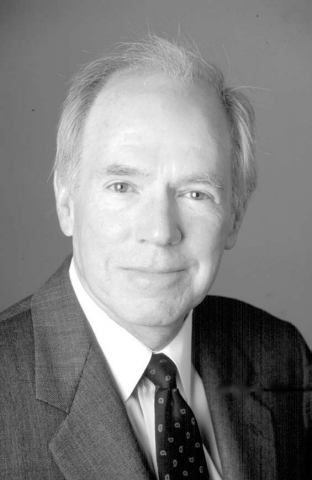Nonrelativistic Bound States with Effective Field Theories
Nonrelativistic bound states lie at the core of quantum physics,
permeating the fabric of nature across diverse realms, spanning particle
to nuclear physics, and from condensed matter to astrophysics. These
systems are pivotal in addressing contemporary challenges at the forefront
of particle physics. Characterized by distinct energy scales, they serve
as unique probes of complex environments. Historically, their
incorporation into quantum field theory was fraught with difficulty until
the emergence of nonrelativistic effective field theories (NREFTs).
In this talk, we delve into the construction of a potential NREFT
(pNREFT), a framework that directly tackles bound state dynamics
reimagining quantum mechanics from field theory.
Focusing on heavy quarkonia, pNRQCD facilitates systematic definitions and
precise calculations for high-energy collider
observables. At the cutting edge, we investigate nonrelativistic bound
states in intricate environments, like the newly discovered exotics X, Y,
Z above the strong decay threshold and the behavior in out-of-equilibrium
scenarios, such as quarkonium suppression in a Quark Gluon Plasma or dark
matter interactions in the early universe.
Our ability to achieve precision calculations and control strongly
interacting systems is closely linked to bridging perturbative methods
with nonperturbative tools, notably numerical lattice gauge theories.

